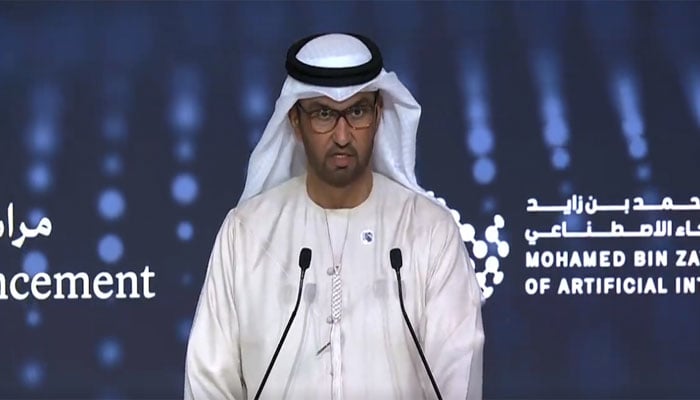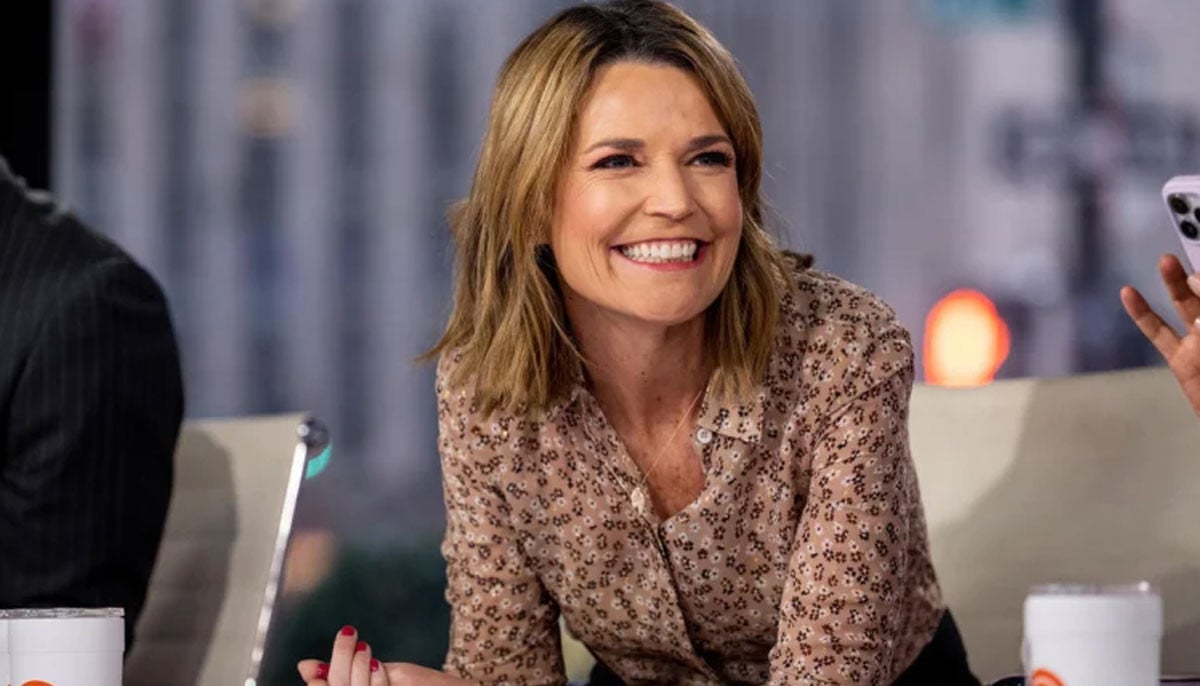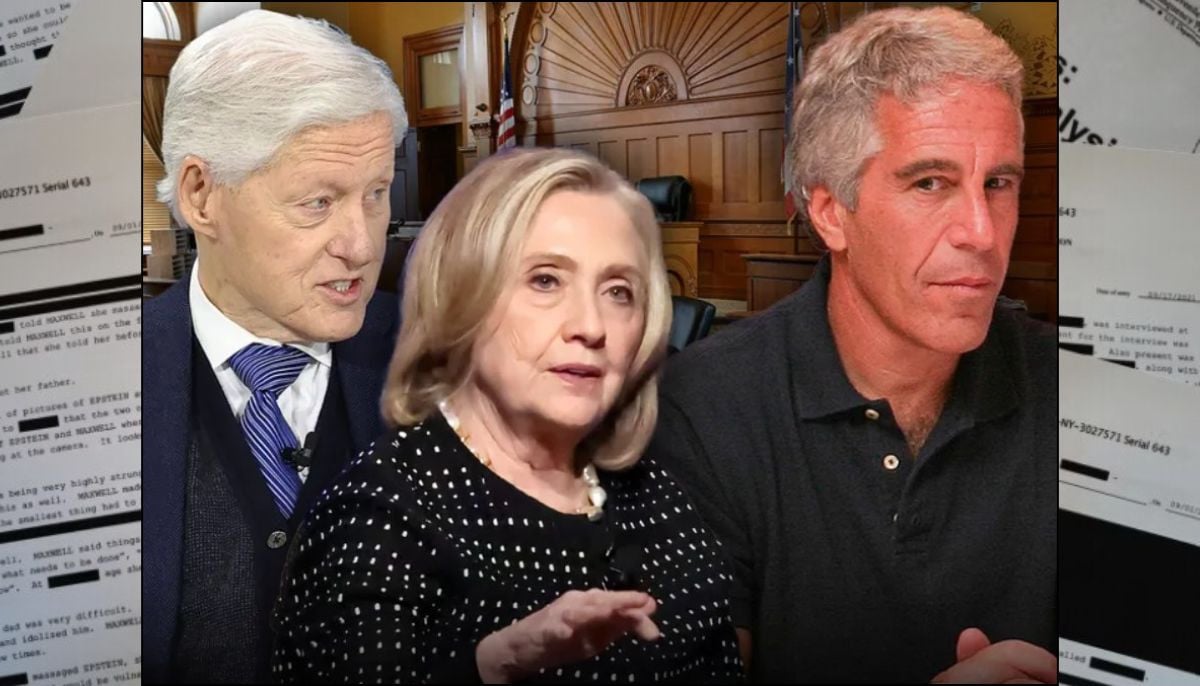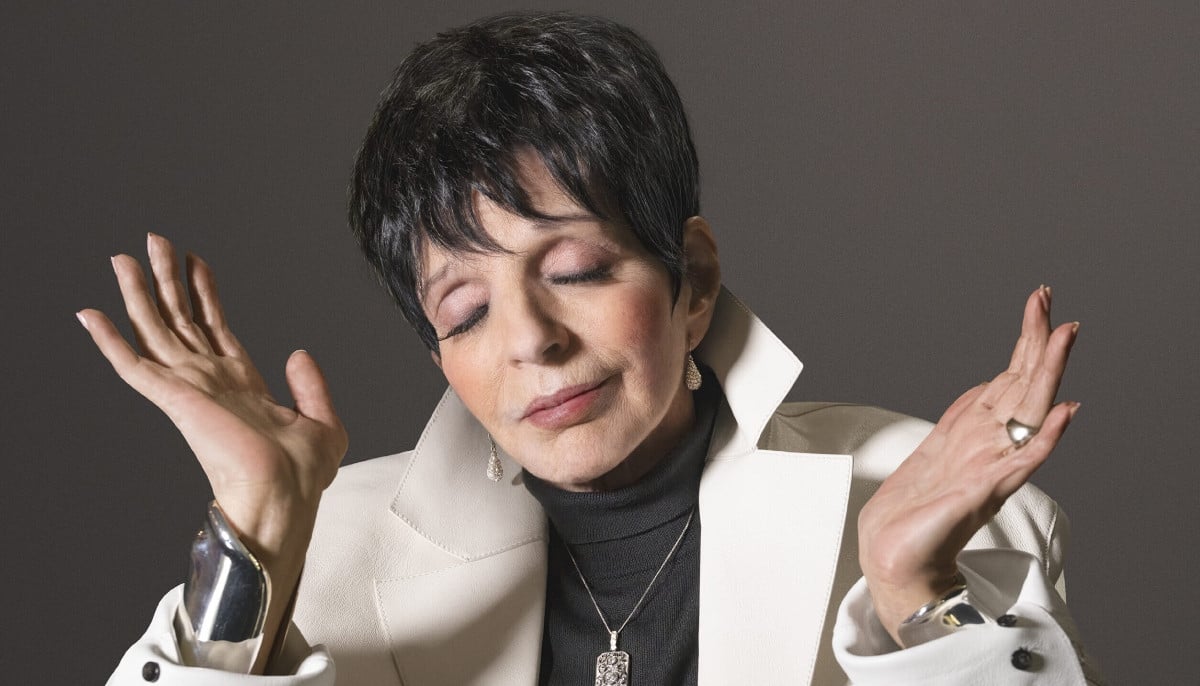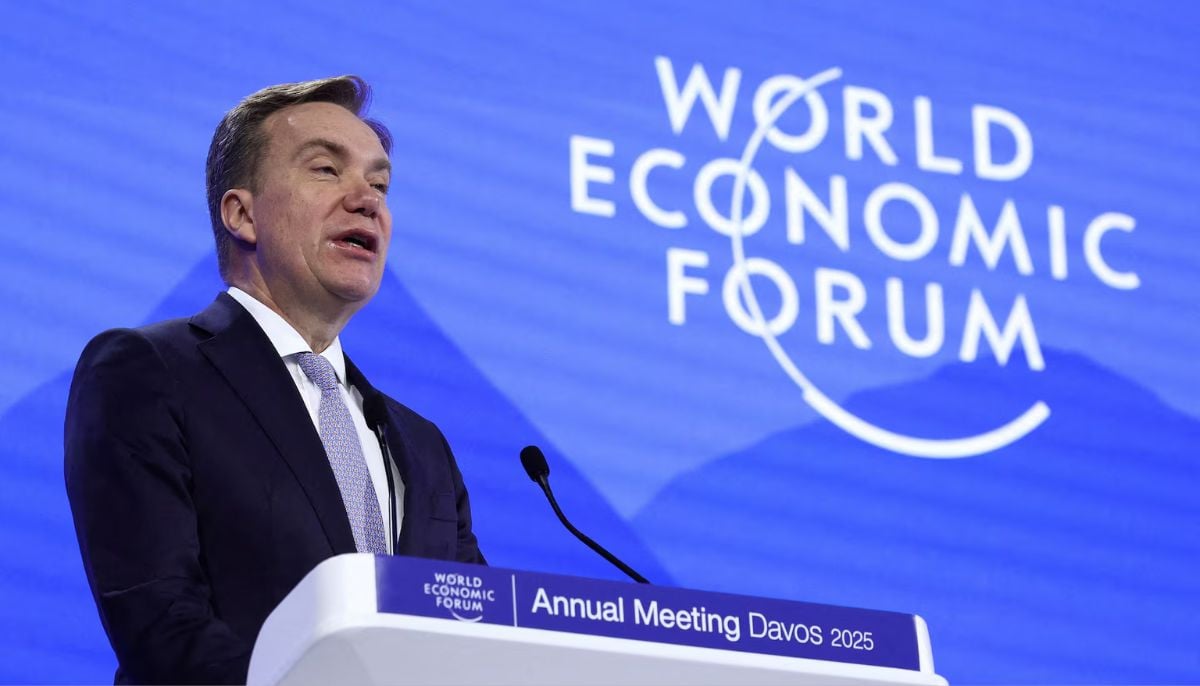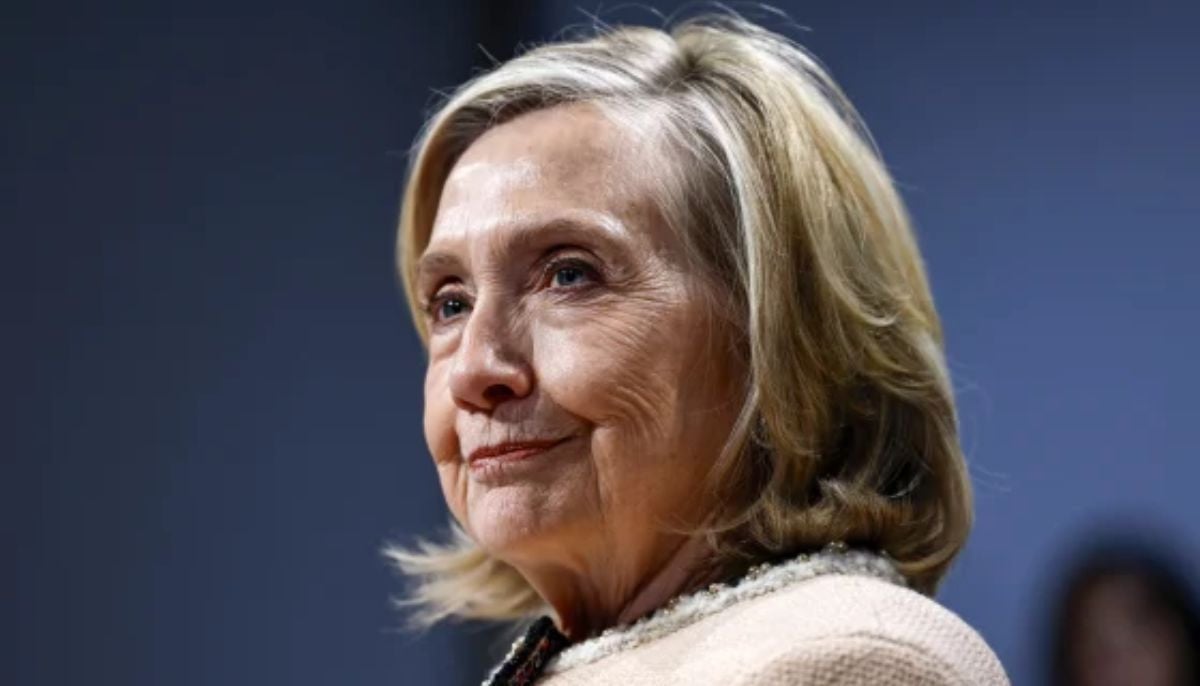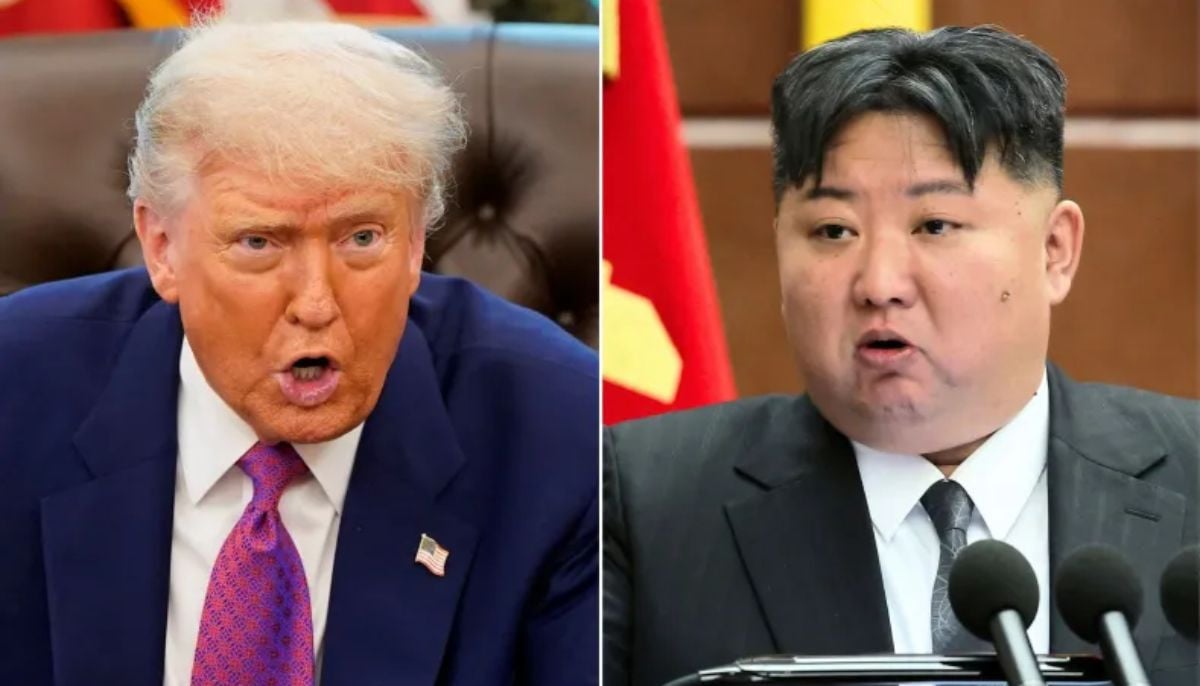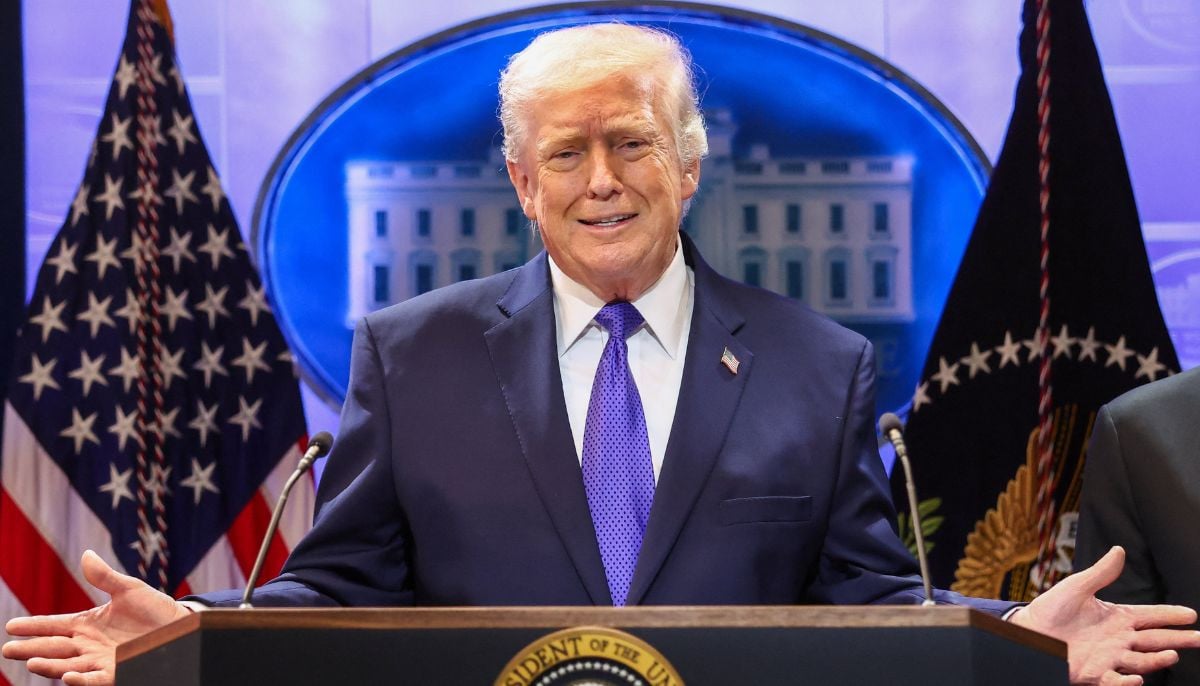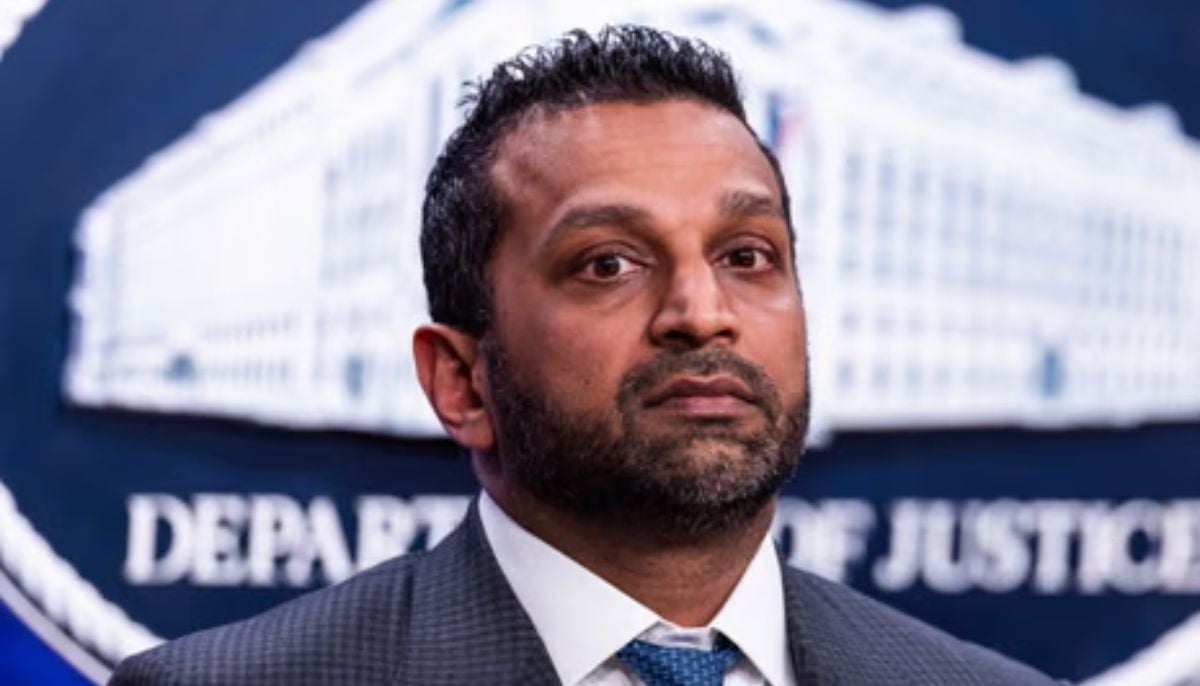Fight climate change without slowing growth: UAE
We need to drive an inclusive energy transition that leaves no one behind, says Sultan Al Jaber
ABU DHABI: The fight against global warming should not be at the expense of economic growth, the UAE oil chief who will lead this year's UN climate talks said on Monday.
Sultan Al Jaber, the United Arab Emirates' (UAE) special envoy for climate change and CEO of oil giant ADNOC, said the energy transition needed to make the planet "wealthier and healthier".
"We need to hold back the global rise in temperatures to 1.5 degrees (Celsius), without slowing economic growth," he told a graduation ceremony at the Mohamed Bin Zayed University of Artificial Intelligence.
"We need to drive an inclusive energy transition that leaves no one behind, especially in the Global South. We need to make our planet wealthier and healthier at the same time."
Al Jaber's appointment as president of COP28 in November and December has been criticised by activists who said it threatens the "legitimacy" of the global forum against climate change.
The minister of industry and advanced technology is a veteran of COP meetings and heads a leading renewable energy company. His appointment was welcomed by US climate envoy John Kerry.
The last UN climate talks, held in Egypt in November, ended with a landmark deal to create a "loss and damage" fund to cover the costs that developing countries face from climate-linked natural disasters and slower impacts like sea level rise.
But observers were left disappointed that little progress had been made on reducing planet-heating emissions from fossil fuels.
The UAE, one of the world's biggest oil producers, argues that crude remains indispensable to the global economy and is needed to finance the energy transition.
The Gulf monarchy is pushing the merits of carbon capture — removing carbon dioxide as fuel is burned or from the air.
It is also spending billions to develop enough renewable energy to cover half of its needs by 2050 and is targeting net-zero domestic carbon emissions by that year — which does not include pollution from the oil it exports.
Earlier this month, the United Nations climate chief Simon Stiell told AFP that COP28 comes at a "pivotal moment" but that Al Jaber had expressed "an openness to make this a transformative COP".
The UAE's hosting of COP is also an opportunity to ask "hard questions" about climate change and the hydrocarbons industry, he added.
-
Liza Minnelli reveals rare traits she is looking for in new lover after series of failed romances
-
EU court adviser rejects Meta Platforms challenge over Facebook data
-
Oscar nominated Michael B Jordan reveals one 'Sinners' scene entire cast saw filmed
-
World Economic Forum CEO Borge Brende steps down following Jeffrey Epstein ties controversy
-
Hillary Clinton set for deposition before House committee today in Jeffrey Epstein investigation case
-
Kim Jong Un says North Korea ready to ‘get along’ with US but sets key condition
-
Trump’s tariff turmoil yet to significantly dent growth in emerging economies, despite raising trade tensions
-
Kash Patel fires FBI officials behind Trump Mar-a-Lago documents probe, reports say
